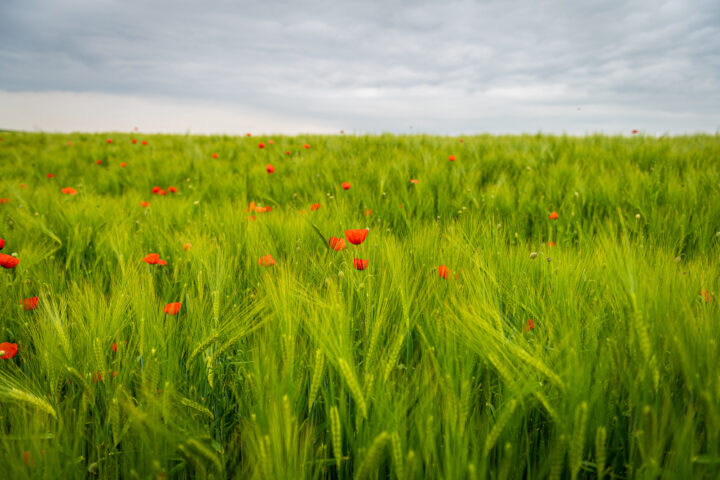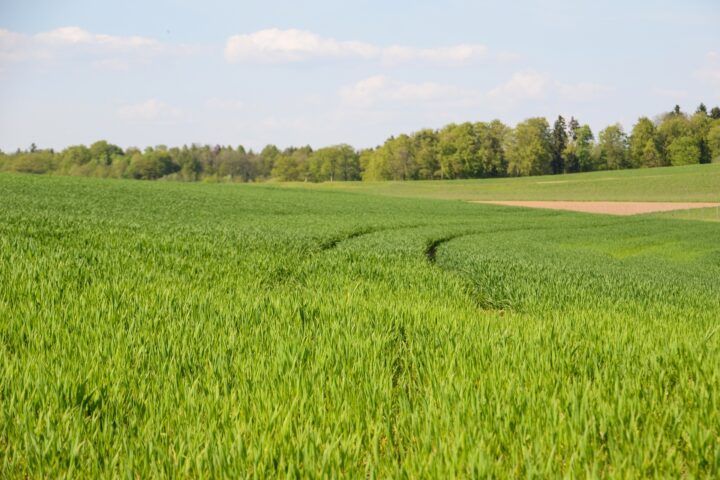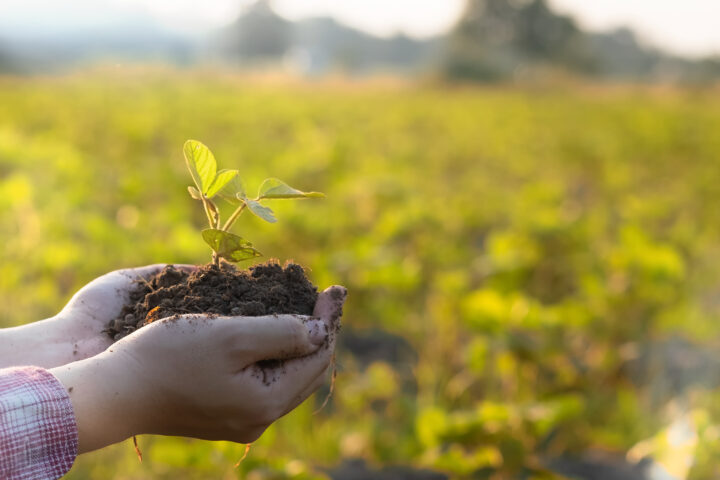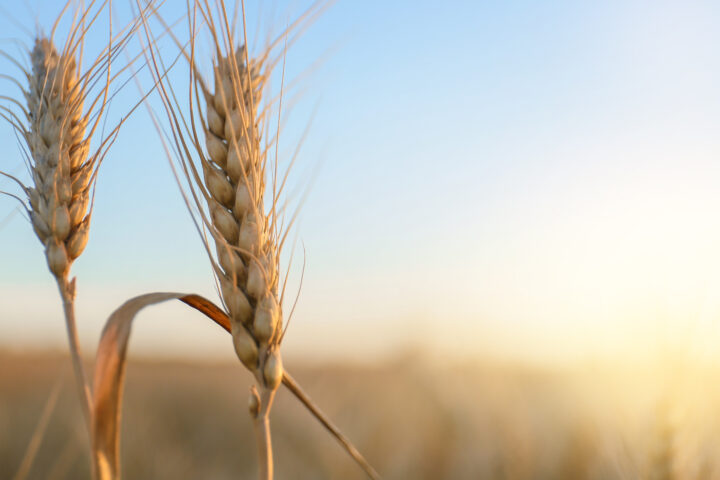
Cool thanks to Caribbean genes: the heat-defying calf!
Cows are also suffering from global warming. Hot temperatures have a negative effect on their metabolism. Now, the first solutions are emerging: for example, Strickhof in Lindau is home to one of the first Slick gene cows in the world. These are more heat tolerant than conventional cows and can therefore withstand global warming.
Monday, January 27, 2025
As the ‘Tages Anzeiger’ reports, the Strickhof in Lindau is home to what is probably the coolest cow in existence. However, this is not meant literally, but rather in a figurative sense. The calf, named ‘Cool Girl’, is more heat tolerant than ordinary cattle – and that thanks to cutting-edge research. The calf carries a special gene from the Caribbean that enables her to better regulate her body temperature.
The effect is impressive: thanks to more powerful sweat glands and a skin surface that is around 30 per cent larger, the calf can keep its body temperature up to one degree lower.
Slick gene cow defies climate change
The innovation involves the so-called slick gene, which comes from the Caribbean cow breed Senepol. The project is a response to global warming and the associated increase in hot days, which are becoming more and more of a problem for cows.
As calf expert Katrin Müller is quoted in the article, temperatures between 5 and 15 degrees are ideal for cows. Above 24 degrees, each additional degree becomes a burden on the animals' metabolism. Lower milk yields and reduced fertility are the consequences.
Thanks to their more efficient sweat glands and very short summer coat, Slick gene cows are immune to this. ‘The sweat evaporates directly on the skin and cools the blood underneath,’ Katrin Müller told the ‘Tages Anzeiger’.

50 per cent chance of inheritance
The agronomist Rudolf Haudenschild brought the so-called Slick gene from the USA to Switzerland about four years ago. Today, together with a partner, he distributes it through the breeders' syndicate Keep Cool. Cool Girl is the result of this breeding initiative. Her mother – a Holstein cow – was artificially inseminated, as is common in dairy cattle breeding.
The semen supplier is one of the few bulls available in Switzerland with the Slick gene. There is a 50 per cent probability that the Cool gene will be inherited.
Müller sees certain parallels between the Slick gene and genetic hornlessness. ‘On dairy farms, calves’ horns are removed under anaesthesia if they are undesirable,’ she is quoted in the article. If the animals were genetically hornless, this operation could be avoided. Thanks to genome editing, research is already being conducted into this, among other things. Various universities and companies in the USA and Canada are working on breeding hornless cows.
Cool Girl is currently the only slick gene cow among the approximately 150 animals at Strickhof. Calf expert Katrin Müller is convinced that this will change over time. ‘In a few years, genetically heat-resistant cows will be just as common as genetically hornless animals,’ says Müller.
Sources
Kindly note:
We, a non-native editorial team value clear and faultless communication. At times we have to prioritize speed over perfection, utilizing tools, that are still learning.
We are deepL sorry for any observed stylistic or spelling errors.
Related articles

Genetically modified plants contribute to the fight against global warming
The large-scale cultivation of genetically modified crops would counteract global warming. American and German researchers come to this conclusion in a study.

Challenges and opportunities of sustainable agriculture
Tomorrow's agriculture must produce more efficiently. And at the same time protect the climate and biodiversity. At the Swiss-Food Talk, three renowned, independent experts spoke about the challenges and opportunities of tomorrow's sustainable agriculture.
Content in German

Lack of diversity becomes an existential problem
The dwindling genetic diversity in fields is becoming an increasing problem. Unfortunately, this problem is growing steadily, partly because politicians in Switzerland and the EU are viewing the issue through ideological lenses instead of listening to science.

Research into fungal diseases in Lyon
Fungal diseases are one of the greatest threats to global food production. They endanger crops, cause billions in damage every year and have always put farmers under pressure. A detailed report by RTS provides insights into Bayer's global research and development centre in Lyon, where new, environmentally compatible fungicides are being researched.

Science sounds the alarm: Federal Council draft slows down innovation
The new genomic breeding methods are regarded worldwide as a source of hope for climate-resilient agriculture – precise, efficient, and safe. While countries such as the US, Japan, and soon the EU are pushing for deregulation, the Federal Council's regulatory proposal remains tentative. Now researchers and industry are sounding the alarm: the proposed rules are so strict that they would effectively block innovation and application.

Approvals are becoming a brake on innovation worldwide – and agriculture is being left behind
New findings from the United States highlight what has long been a reality in Europe and Switzerland as well: the development and approval of new crop protection products has become such a complex, lengthy, and costly process that even innovative, sustainable solutions can hardly reach the market anymore.

